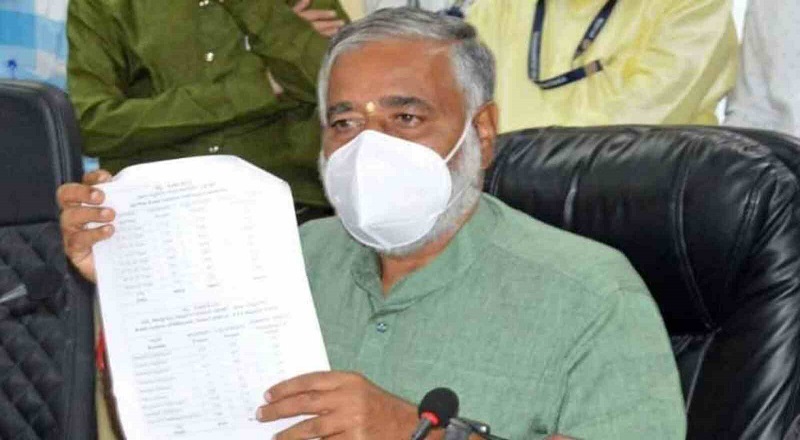Karnataka 2nd PUC syllabus : here is important information for students
Amid the huge controversy on revision of class 1 to 10 text books, the Textbook Revision Committee headed by Rohith Chakrathirtha has completed the revision of history textbook of 2nd PUC in Karnataka, according to reliable sources. Karnataka 2nd PUC syllabus: here is important information for students.
The sources in Education department revealed that the Textbook Revision committee has revised Karnataka 2nd PUC one lesson of history textbook. The revision has been made on the chapter “Birth of new religions”. The committee will submit the revised text to the Education department and seek its consent.
Ruling BJP government had earlier directed to handover the responsibility of revision of the 4.2 lesson “Birth of New Religions” of Social Science Text book prescribed for Karnataka 2nd PUC students. Education Minister B.C. Nagesh had written a note in this regard on February 17, 2022 to the Principal Secretary of the department.
The 4.2 lesson for 2nd PUC syllabus Social Science book in the title ‘Birth of new religions Jainism and Buddhism” says that the confusion, dominance of priests, the sacrifice of animals, prayers, caste system, and the birth of legends led to the birth of new religions. This interpretation has created controversy.
The note by Education Minister Nagesh says that there is a complaint regarding lesson 4.2 of History book regarding hurting the sentiments of a particular religion. The lesson 4.2 on Birth of New Religions explains that Vaidik religion was simple before the influence of priests. After their influence the religion became complex leaving the people disheartened.
Also Read: Karnataka 2nd PUC result: important announcement for students
Also Read: IMD said monsoon entered Karnataka, heavy Rainfall alert in next 48 hours
They wanted change and they found succor in new religions. The lesson further says that Brahmins established their authority over all other castes. It had become difficult for the people to conduct yagas without Brahmins. They enjoyed more benefits and thought themselves superior to others.


Comments are closed.